I can churn out slop as well as any AI, thanks very much. It's The Warp!
27th of April is Marine Mammal Rescue Day, so prepare for a "whale" of a time, haha! [please roll my fat ass into the sea before I explode].
Welcome to this galactic year’s edition of The Warp, the science fictional newsletter of cringe-lord Bovril-simp author Thomas G Norford. It’s slim pickings entertainment wise I’m afraid because I’ve got to mow the lawn and do some ironing and I want to get a load of washing done while the weather’s nice.
Also, be warned that this edition of The Warp contains extra spite and very little science fiction.
It really is Marine Mammal Rescue Day by the way, look.
Actual News About Me The Actual Author Thomas Norford
I went to the Coventry Book Extravangananzaganza recently and sold a total of 13 books, which is a
PERSONAL BEST
I forgot to take any pictures so here’s a picture of someone else’s stand at a book fair somewhere I found on the internet. Good work Jason!
In other news, nobody’s bought my new novel so I’m working on another one.
Football Head Clapping
Props to this fellow I spotted at the semi-final of the FA Cup yesterday who applauded a goal by slapping his own head repeatedly as his other arm was in a sling. It’s like a metaphor for something but I don’t know what.
Accidental Writing Prompts From My Facebook Men’s Mental Health Group
Some lovely prompts here which will get you thinking and get those creative juices flowing so freely you’ll consider calling an ambulance.
Nauseatingly Pretentious Quotes On Writing
I’m guessing the the majority of my subscribers don’t use Notes, Substack’s more civilised answer to Twitter, so you might not be aware of the Notes culture. It’s very welcoming on the whole but folks there can be quite self-important and insular. I don’t want to be insular, I want to outsular. So here’s a peek into this cozy bubble and some of the bestest, pretentiousest comments about writing I’ve found there in recent weeks (with apologies to the authors - this piss take comes from a place of love and humility and only a smidgen of choleric disdain).
Burnt hair and redemption news:
And the Lionel Messi of pretentiousness:
Sensitivity Reading For People Who Think They Have Autism But Don’t Really
As we all know, doing good literature is impossible without sensitivity readers. They’re crucial in ensuring that content is thoughtful, inclusive, and respectful. In some ways they’re the most important and talented people in the whole world of writing, even more gifted than literary agents. After all, they must be super talented because how else could they speak for entire demographics?
With this in mind I’m starting a new side hustle on Fiverr or somewhere as a sensitivity reader specializing in issues pertaining to people who think they have autism but don’t really. It’s an untapped but rapidly growing market.
So I will thoroughly read your work, examining for bias, harmful tropes, and negative representation of people who think they have autism but don’t really, and together we will create well-realized, respectfully portrayed characters who think they have autism but don’t really.
I also specialise in characters who diagnose everyone in their life as a narcissist because they’re probably narcissists themselves. Plus, for a small extra fee I will rewrite your favourite classic novel but give the main character chronic fatigue syndrome.
Don’t be a spaz, hit me up!
Battle Of The Barneses
This edition’s epic battle is between two titanic Barnes: acclaimed author Julian and Liverpool and England midfield legend John.
Let the Battle of Barneseses commence!
Round One: First Names
Julian is a rubbish name. John is a solid choice for any Englishman.
Winner: John.
Round Two: Booker Prize Wins
While Julian has only one paltry win for The Sense of an Ending, that’s one more than John.
Winner: Julian.
Round Three: Memory and Truth
A significant theme in Julian’s work is the nature of memory and its unreliable relationship with truth (according to Google). His novels interrogate how personal recollections shape individual identities and how history is constructed from subjective experiences. For example, in The Sense of an Ending, the protagonist grapples with the recollections of his past, leading to revelations about the malleability of memory and the distortions of truth (again, according to Google).
Julian’s obviously a bit confused about the whole memory and truth thing. John meanwhile has spoken and written powerfully about his experiences of racism and how these shaped him, and about how racism continues to manifest through systemic discrimination and bias. Clearly, John knows what’s what on the memory and truth front.
Winner: John.
Round Four: Dribbling
As a 79 year old man, the chances are that Julian can dribble with the best of them. Happens to the best of us - just dab with a tissue when you’ve finished. However, John’s explosive pace and close ball control allowed him to dribble past defenders with ease, as his legendary 1984 goal against Brazil demonstrates.
Winner: John.
Round Five: Body Fluid Balance.
Are Julian’s bodily fluids in balance? Who knows. He looks a bit gaunt to me so I’m guessing not. As the inventor of Lucozade Sport, John meanwhile was the first person in the world to understand the importance of hydration and electrolyte replacement. Don’t take my word for it, let’s hear from the man himself:
Winner: John
Round Six: Rapping
No contest.
Winner: John
Overall winner: John
It’s a drubbing for the literary wannabe and a fine victory for John Charles Bryan Barnes MBE.
Indie Books Which I Have Read and Recommend To Other People To Also Read.
Early Adopter by Drew Harrison
Here is the review of this book I wrote on Amazon, which explains it better than I ever could:
This is a superb collection of eight science fiction stories which vary from near future, Black Mirror style portrayals of humans and technology interacting in disquieting ways, and others more distant in space and time.
Most of the stories are fairly traditional in terms of having a clear plot and characters around which the action revolves (it's worth pointing that out, as short story collections are probably more likely than novels to veer into the avant garde, and not everyone's into that sort of thing). A couple of them though, particularly The Final Artist, were a little more experimental - that story is essentially a human and an AI system arguing about whether machines can truly create art. It still ended with a nice plot twist, however, and all of the stories are accessible.
The quality of the writing is excellent throughout, and the characters are believable and sympathetic. There were bits of clunky prose here and there but that's nit-picking, really, and possibly down to personal taste. The author has obviously done some sterling research, especially for the stories with a medical angle like To Run Again and Homonia. To my surprise, I find I am able to forgive the author for writing in 2nd person present tense in one of the stories.
What impressed me most about this collection was the philosophical depth and sheer imagination of the premises. Many stories have an elegant, allegorical force to them which will stay long in the memory. The issues raised by the stories emerge organically from the plot and characters' lives, and no easy answers are offered to the complex philosophical questions - this is a book which trusts the reader to reach their own conclusions. It's not dry at all despite being philosophical - there's action, dark humour, a little bit of twisted romance and a smidgen of gore - something for all the family.
I wanted to know more about the wider world hinted at in Commericalopolis, and Homonoia was probably the most straight-up exciting story. But my favourite was The Emulated, in which a computer whizz creates a vast simulated world and wrestles with accidentally becoming a sort-of god. It distilled the things I liked best throughout the book - the way it combines religion and technology to pose philosophical conundrums bears comparison with A Case of Conscience by James Blish, or Walter Miller's A Canticle for Leibowitz. The characters' moral quandaries, and the implications of their potential courses of action, created an acute sense of dramatic tension.
Learning Journalism Where Writers Rise by Sal Nudo
I enjoyed Nudo's creative nonfiction book Far From Mars, in which he shows us the lives of nine interesting people from his home town of Champaign-Urbana, Illinois, so I was keen to read Learning Journalism. In it, Nudo gives us a detailed account of his time pursuing a masters degree in journalism, with the people who helped him, his successes and setbacks along the way. It's told in a journalistic sort of way, I suppose, with attributed quotations, sources and so on. But at the same time, the prose has a warmth and personality. He could teach most traditionally published writers a thing or two, I reckon.
Because Nudo summarises the things he learned on the journalism course, his book serves as a decent guide to writing in general, for fiction and non-fiction alike, and I dare say there are a few life lessons in there as well about the value of curiosity and listening. There are well-argued discussions about the future and value of journalism, and this is where the writer is most passionate.
The book isn't full of earth-shattering excitement or revelations, but it is captivating in its own quiet way. This is because, I think, of the author's genuine interest in other people, his self-effacing authority and obvious pride in his home town. Readers will enjoy spending time with the narrator.
The Dog: A Cynic Biography of Diogenes by RB Lamb
RB is active on Substack Notes and is a top human, so I was delighted to discover that he is an excellent writer too with a demented sense of humour: here’s the review I wrote on Amazon:
Well...this was of the more unusual novels I've read but I loved it. On the face of it, it's a fictionalised biography of the philosopher Diogenes - his madcap life and interactions with other notables of the period. Anachronisms (great cameo from the Wu Tang Clan), rude humour and tongue in cheek asides abound, and the story doesn't just break the fourth wall but demolishes it and commits acts of grotesque degeneracy on the rubble. The narrator himself features in places, and doesn't escape a satirical mauling.
Aside from the silliness, the book is written with verve and startling imagery and wordplay. Rather like Douglas Adams or someone like that, the comedy and the philosophy are all part of the same package. It's a deceptively clever book as well - I know nowt about philosophy, but the book weaved in profound questions among the mayhem.
Riotously entertaining and brilliantly written - do yourself a favour and read this absolute hidden gem.
The Wayback Machine by Daniel Falatko
Another corker from an active Substack writer, this one about a dude called Nathan who was a mover and shaker in the 2000s indie music scene in New York. In the present day, our Nathan is trying to piece his life back together and become relevant again by leaking sordid details of stuff that went on in the scene back in the day.
It took me a while to get into because at first I thought it was trying a bit hard to be hip by name-dropping lots of cultural references from the 2000s, but it clicked with me when I realised it’s actually quite a soulful, if cynical, story about how cultural trends are group identities are shaped. So while its set in a specific time and place, it’s got universal appeal and relevance - quite profound really. Brett Easton Ellis is the obvious big name comparison.
Nathan is a great anti-hero, the prose is marvellous and the tension builds into a gripping and climactic end.
That’s your lot. Warp drive set to Fuck Off!


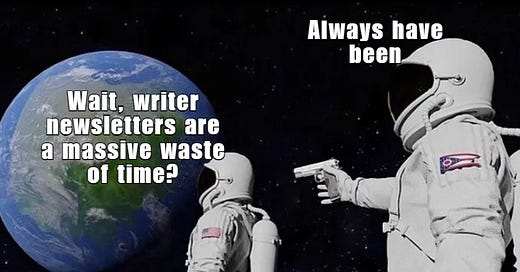



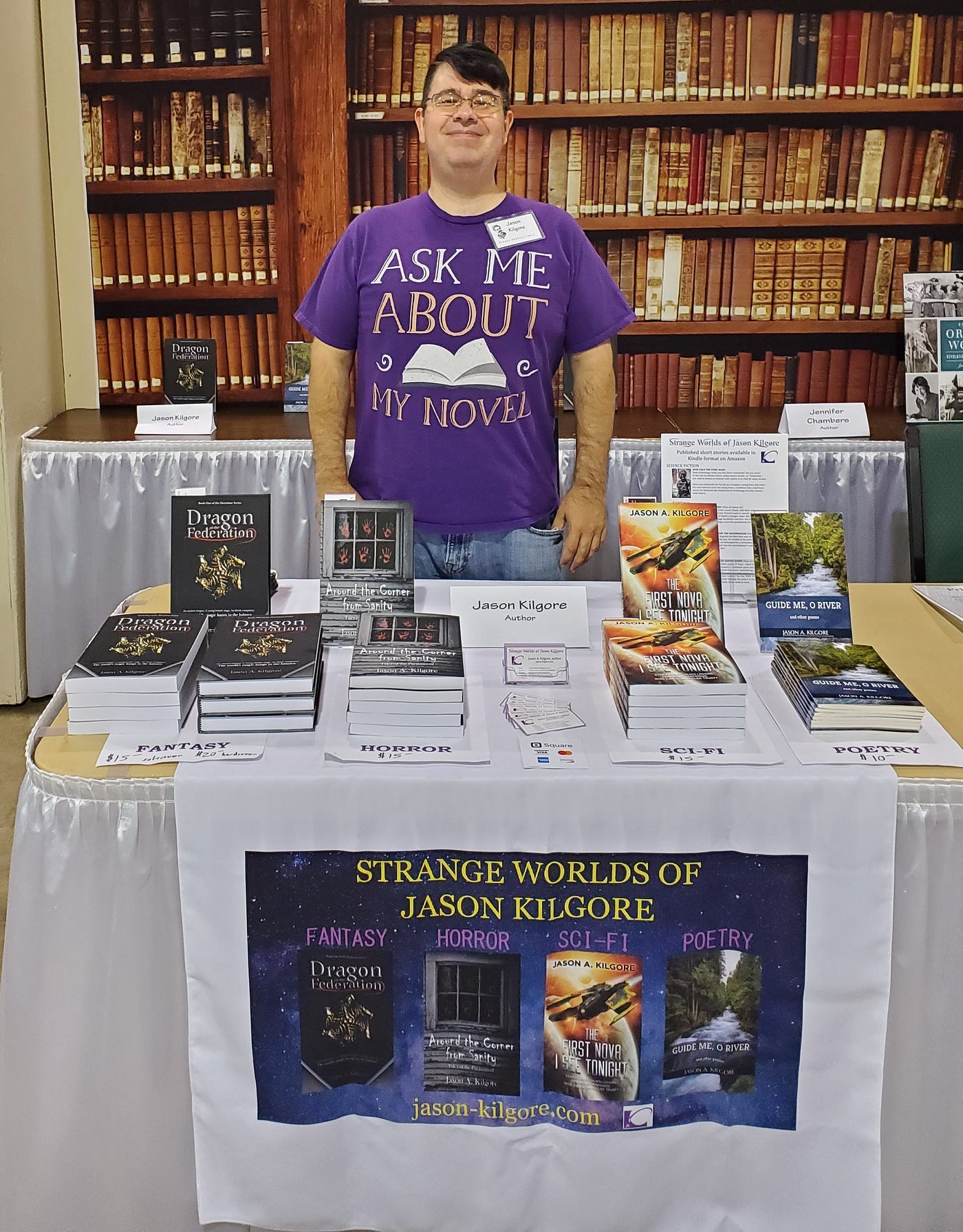
















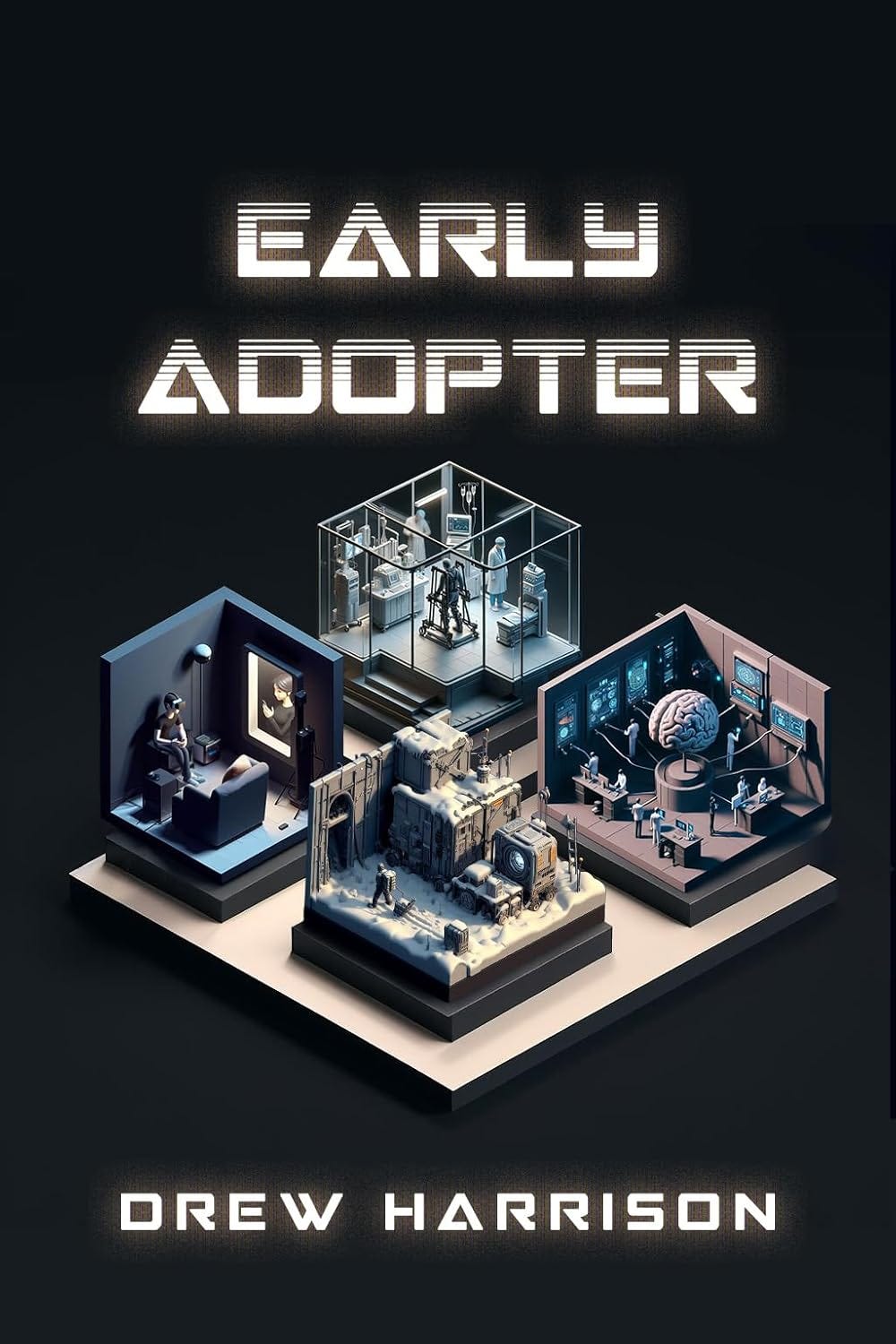
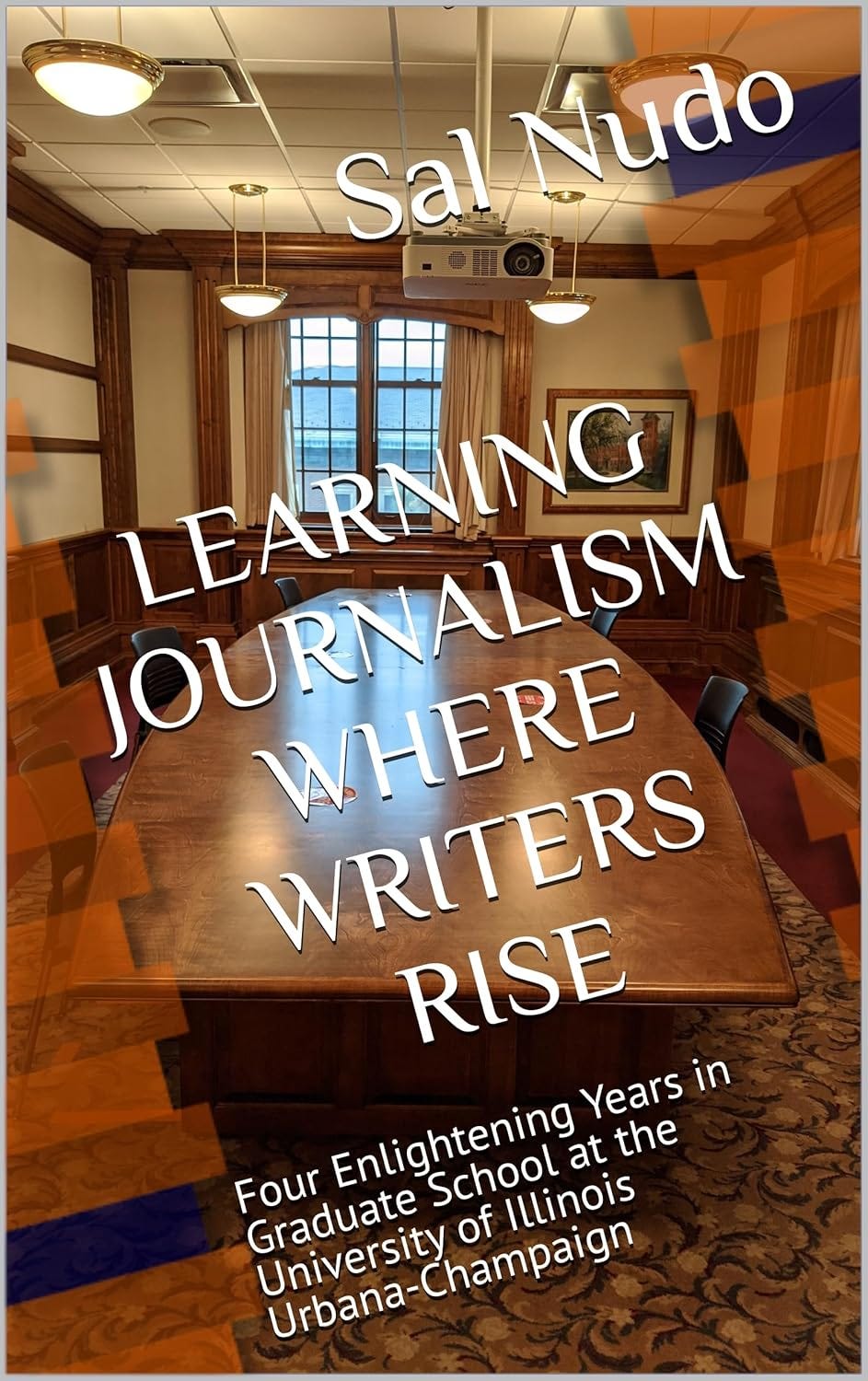
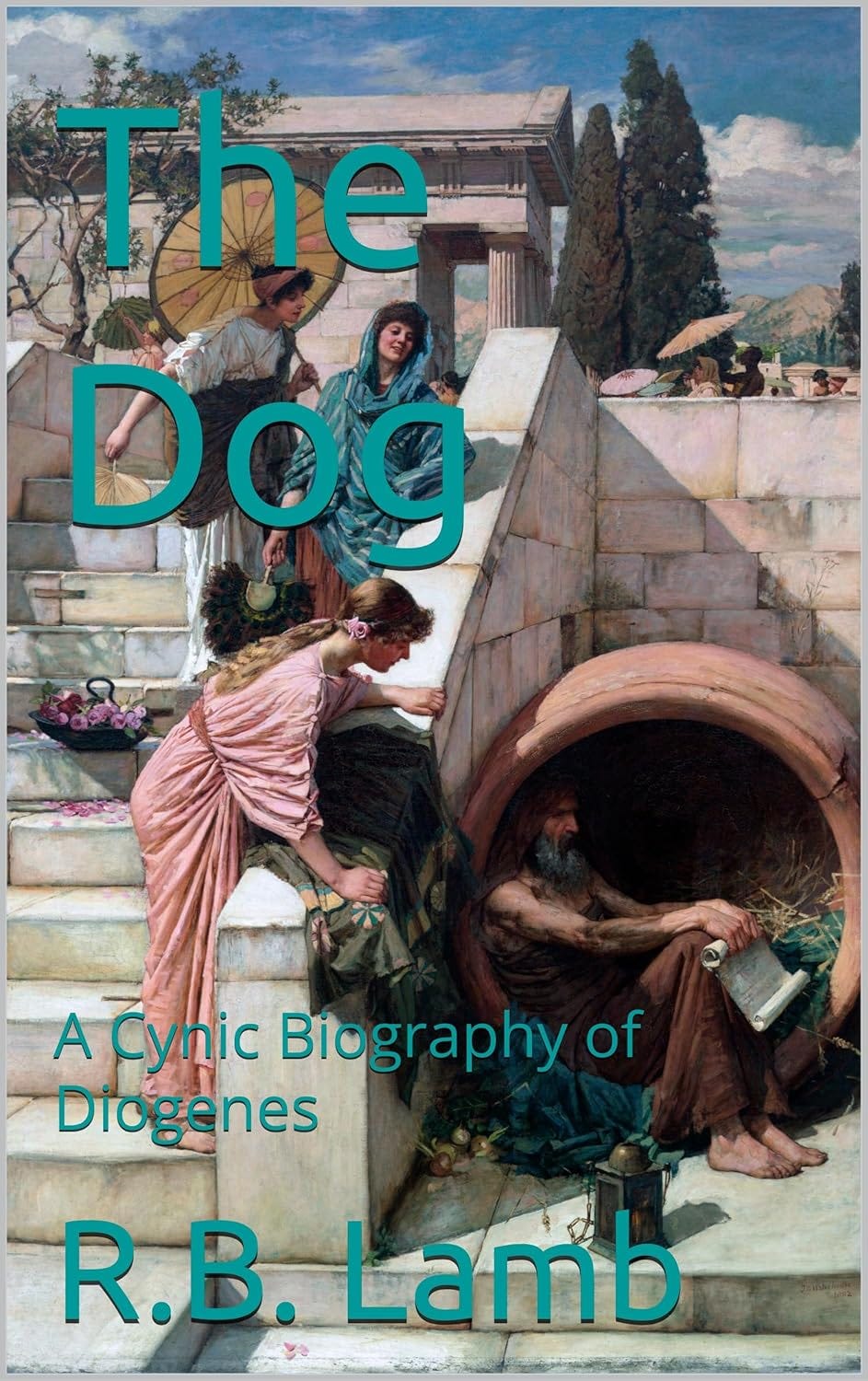
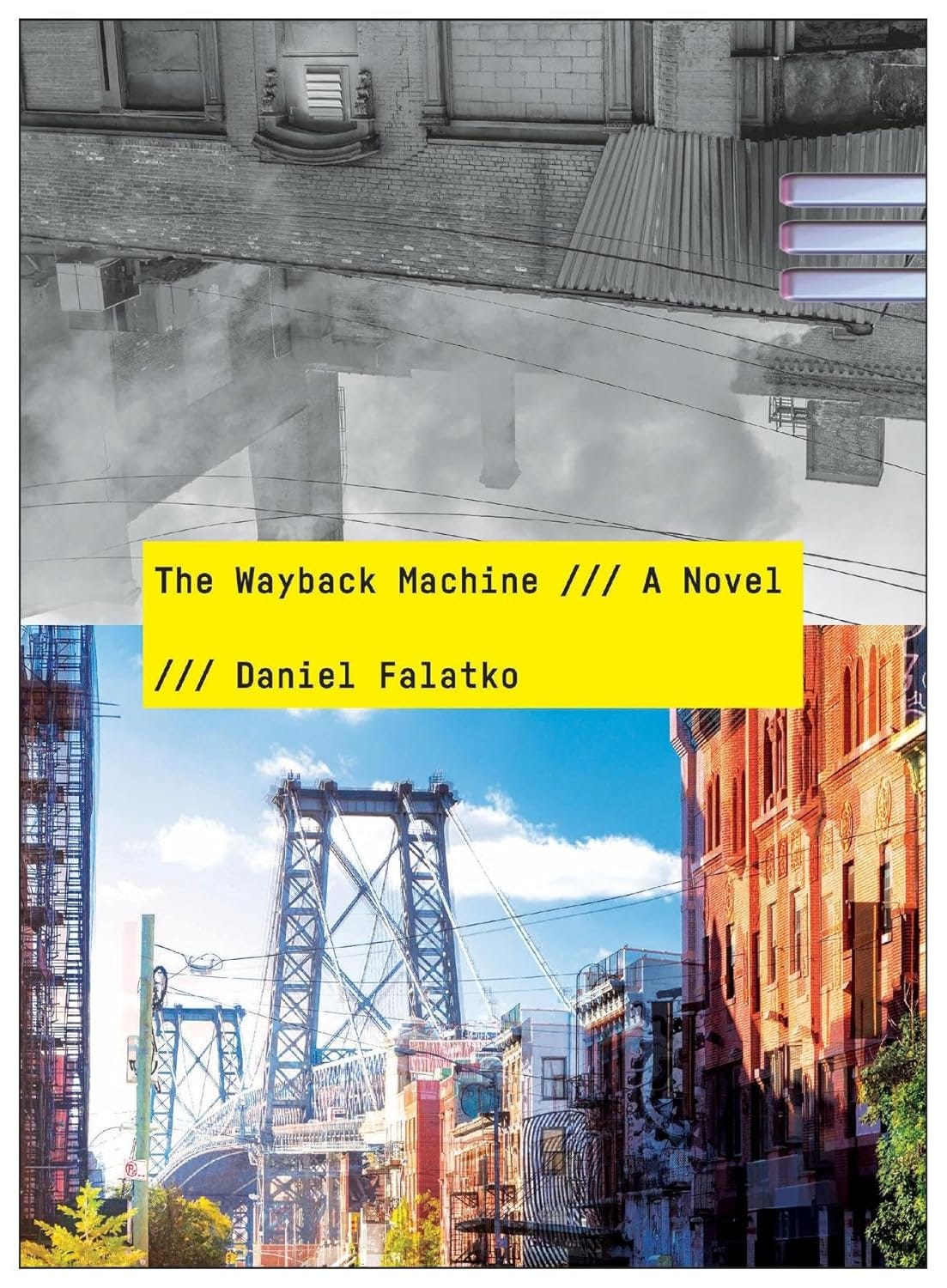
Love the bit about sensitivity readers (I hate the idea of that foolish enterprise). Excellent piss take.
You are one of the most original thinkers to grace Substack’s…’pages’. The section on Nauseatingly Pretentious Quotes On Writing is worth the price of admission alone. More, more, more!